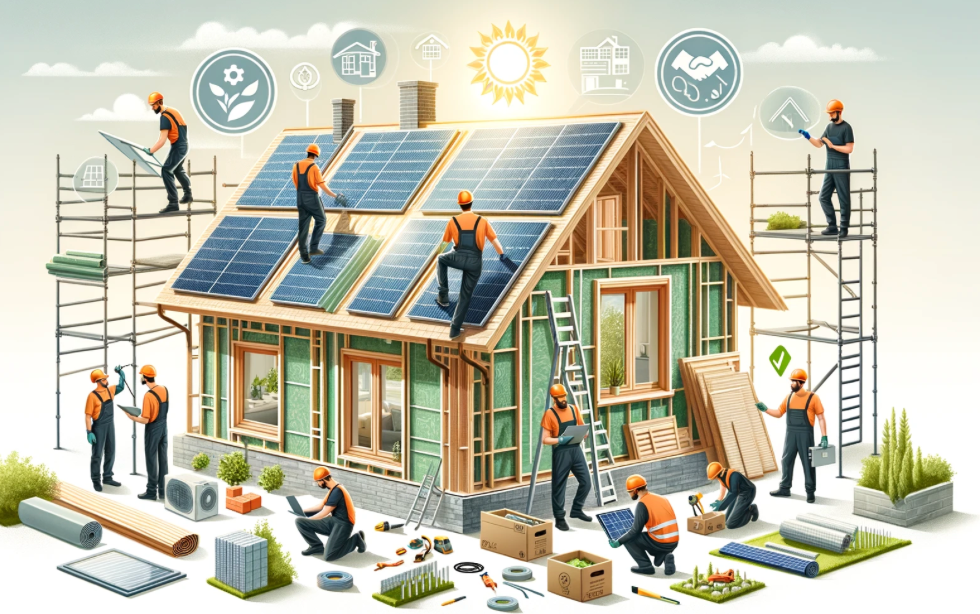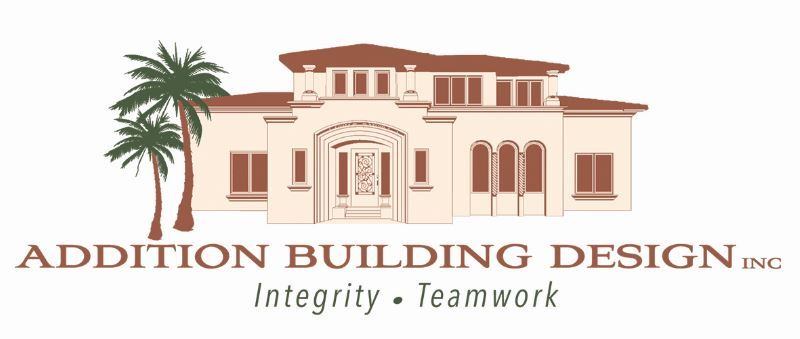Building a Sustainable House: Is It Worth It?

Sustainability has become a key focus in modern home construction, with homeowners increasingly looking for ways to reduce their environmental footprint while improving energy efficiency and long-term savings. But is building a sustainable house truly worth the investment? Let’s explore the benefits, costs, and considerations to help you decide.
The Benefits of Building a Sustainable Home
1. Energy Efficiency and Cost Savings
A sustainable home is designed to consume less energy, using features such as solar panels, high-performance insulation, and energy-efficient windows. While the initial cost may be higher, these elements lead to significant savings on utility bills over time. Many homeowners see a return on investment within a few years through reduced energy costs.
2. Environmental Impact
Sustainable homes minimize waste and use eco-friendly materials, reducing the depletion of natural resources. Features like rainwater harvesting systems, passive heating and cooling, and smart home automation further lessen the home’s environmental impact.
3. Healthier Living Environment
Conventional homes can contain toxic materials and poor indoor air quality. Sustainable homes use non-toxic paints, natural insulation, and proper ventilation systems, promoting a healthier indoor environment for you and your family.
4. Increased Property Value
Eco-friendly homes are in high demand. Buyers recognize the long-term benefits, and many are willing to pay a premium for energy-efficient features, making your property a valuable investment.
5. Government Incentives
Many governments offer rebates, tax credits, and incentives for sustainable construction, which can help offset some of the upfront costs.
The Costs and Considerations
While there are many benefits, building a sustainable home does require careful planning and a higher initial investment. Some considerations include:
- Upfront Costs: Sustainable materials and energy-efficient systems can be more expensive than traditional options. However, these costs are often balanced by long-term savings.
- Finding the Right Builder: Not all contractors specialize in sustainable construction, so it’s important to work with an expert who understands energy-efficient design and eco-friendly materials.
- Location and Climate: The effectiveness of some sustainable features depends on your region. Solar panels, for example, may not be as effective in areas with minimal sunlight.
Is It Worth It?
For many homeowners, the benefits of sustainability outweigh the costs. Reduced utility bills, improved health, environmental responsibility, and increased property value make it a smart long-term investment. While the upfront costs may be higher, financial incentives and long-term savings make building a sustainable home a viable and rewarding choice.
If you’re considering building a sustainable home, partnering with a company that specializes in eco-friendly design can make the process smoother and more efficient. Sustainable living is not just a trend—it’s the future of homebuilding.

